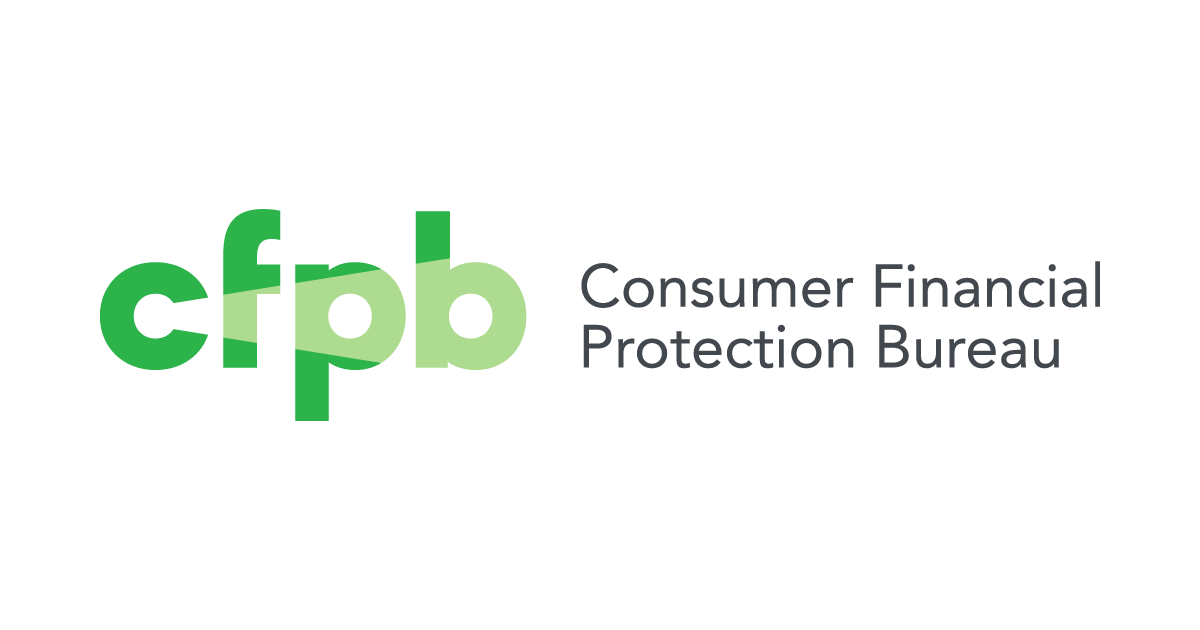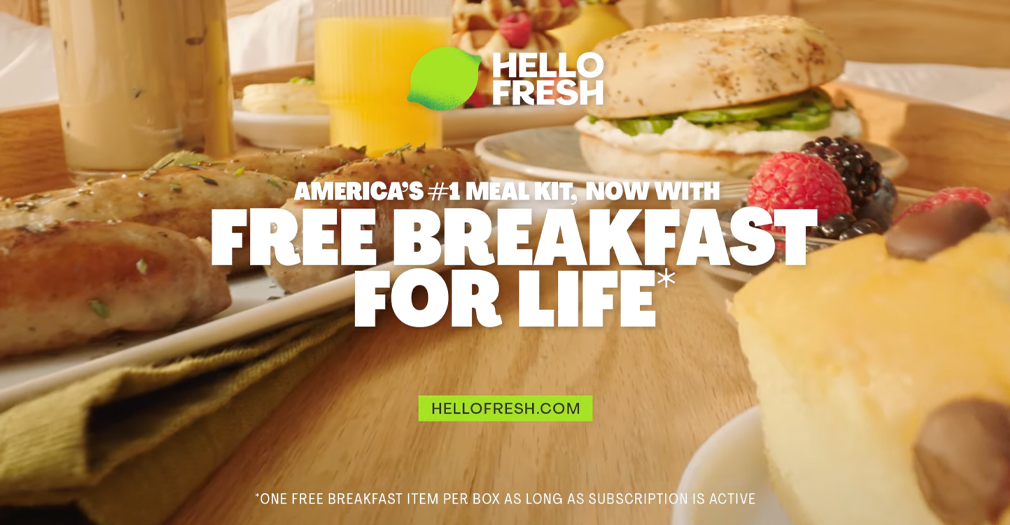
TINA.org Joins Over 300 Orgs. in Letter Urging Congress to Support Financial Watchdog
Legislators should protect the work of the Consumer Financial Protection Bureau.
Marketers are attempting to put a positive spin on the negative option.
| Bonnie Patten
Marketers are attempting to put a positive spin on the negative option, a type of offer that interprets a consumer’s silence as consent to be repeatedly charged for products or services they may not want or need. In comments to the FTC, which is exploring “ways to improve its existing regulations for negative option marketing,” associations representing the media and retail industries argue that the subscription economy that negative option offers supports is working well — for businesses and consumers alike.
As the organizations stated:
But the reality is there’s a trove of data that shows the need for stronger consumer protections when it comes to negative option offers.
Advocacy groups tell a different story
TINA.org submitted a comment to the FTC urging it to provide further consumer protection when it comes to negative option offers and summarized relevant statistics concerning the scope of the problem as such:
Between 2015 and 2017, consumer complaints about free trials more than doubled. Over that same span, the Better Business Bureau (the “BBB”) identified nearly 37,000 complaints – the average loss being $186. The FBI’s Internet Crime Complaint Center also recorded a rise in complaints about free trial offers, growing from 1,738 complaints in 2015 to 2,486 complaints in 2017, with losses totaling more than $15 million over that time span. And these numbers are likely low because, inter alia, as FTC studies have found, less than 10% of fraud victims report their losses. Unsurprisingly, in 2016, one consumer survey found that unwanted fees associated with trial offers and automatically renewing subscriptions was the biggest financial complaint of consumers. Corresponding with this consumer dissatisfaction, more than 100 federal class actions have been filed on behalf of consumers complaining about various negative option terms and conditions since 2014.
National Consumers League, the only other consumer advocacy group to submit a comment, added that:
A 2017 survey commissioned by CreditCards.com found that 35% of Americans have signed up for an automatically renewing contract without realizing it. A 2019 survey by Bankrate.com found that 59% of consumers have signed up for a free trial that automatically rolled over into a paid subscription or contract against their will. . . . The 2017 CreditCards.com survey found that nearly half of all respondents (42%) have complained about the level of difficulty companies have created for the contract/service cancellation process.
Consumer complaints abound
In addition to these statistics, TINA.org pointed out that it frequently receives consumer complaints (very often from senior citizens) concerning negative option offers. Consumers generally complain about unwittingly being enrolled in a negative option plan and then finding it impossible to cancel the subscription. By way of example:
Some of the top culprits based on consumer complaints to TINA.org include Somabiotix, Nubiotix, Cognivex Clarity , Femora Anti-Aging Cream, Adore Me and O2 Pur. Not surprisingly, the first three of these companies sell supplements – a product category this is often sold through negative option offers.
Others weigh in
In addition, 22 attorneys general and the District of Columbia urged the FTC to “enhance consumer protections in this area, particularly concerning trial conversions.” As the AGs explained in their comment:
The collective experience of the States indicates that trial conversions are rife with the potential for abuse and deception. Companies often lure consumers with words like “free” and “trial period,” thereby implying that the trial comes with no obligation on the part of the consumer (i.e., the consumer has nothing to lose). In reality, consumers often have an obligation to take some affirmative step to avoid being caught in a cycle of continuous charges.
Congress member Takano of California, who has long championed stronger negative option protections, remarked that:
Deceptive online marketing and unclear recurring payment plans are leaving too many consumers on the hook for products they may not want or even know they purchased. Deals like these have duped consumers out of more than $1.3 billion during the last decade. Additionally, between 2015 and 2017, related complaints to the Federal Trade Commission (FTC) have more than doubled.
Referencing a scholarly article entitled, “Shining a Light on Dark Patterns,” the University of California commented:
Instead of selling individuals products, business strategists advise entrepreneurs to sell subscriptions. . . . There is a great, systemic risk in this shift to subscriptions. When the strongest business incentive is to sell the best product to the consumer at the lowest price, consumer and business incentives fundamentally align. Subscriptions alter this incentive relationship, making it more competitive than cooperative.
Instead of selling the best product, companies become laser-focused on subscription enrollment and retention, and this enrollment and retention has little to do with the underlying product or value to the consumer. Maintenance of the subscription itself becomes the terminal goal of the business. Sellers carefully study different designs to keep consumers in subscriptions, and single percentage point differences can be measure and studied.
And finally, the lone consumer to file a comment with the FTC stated:
Need to implement very strong regulations to stop companies from signing people up for unwanted products/services then demanding that they pay for products/services that they did not order and threaten people with debit collections if they refuse to pay also when attempting to cancel get the run around with every person you get transferred [sic] to stating that they can’t cancel that you need to speak to someone else.
As the comments above make clear, the overwhelming evidence weighs in favor of updating the Negative Option Rule to ensure that both consumers and businesses can obtain the full benefits of negative option offers. In its current form, the rule leaves consumers vulnerable to deception, and incentives businesses to silently hope consumers forget about them. Updating the Rule would be minimally burdensome to companies, essentially requiring them to be forthcoming and straightforward with its customers. In the absence of an updated rule, the trend of deceptive trial offers and automatically renewing subscriptions will continue to grow.
Legislators should protect the work of the Consumer Financial Protection Bureau.
A reminder to be careful about ad claims that may seem too good to be true.
The agency puts the MLM industry on notice.


